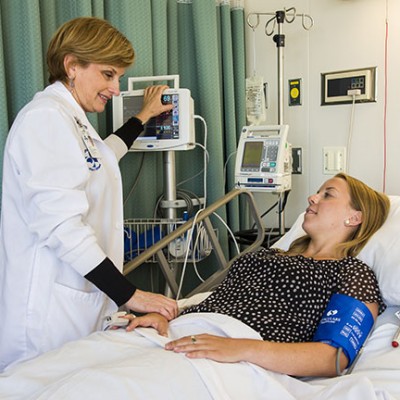Becoming a clinical trial participant is completely up to you. You will have many questions that your doctor, healthcare or clinical trial team can answer for you. Only you will know when you are ready to consider or participate in a clinical trial.
Anyone can consider participating in a clinical trial. You can volunteer to participate in a clinical trial if you are healthy or if you have a medical condition.

And it is the illness or medical condition studied in the clinical trial, you may be eligible to participate.
For you to make the best decision about being in a clinical trial, you need to know as much as possible. Ask your healthcare or clinical trial team any and all questions you may have.
All clinical trials follow a process and are performed according to a protocol. You will:
You will not be asked to participate in a clinical trial unless your doctor, healthcare and clinical trial team think this is a good option for you to consider. The aim of clinical trials is for the benefits to be greater than the risks. By participating in a clinical trial, you may be:
When you participate in a clinical trial you are closely watched by the clinical trial team to make sure that any side effects are carefully monitored and managed, that the treatment is given the right way, and that you do your part to follow the protocol.
The treatment may not have an effect or work no better than your current treatment.
These may range from minor and unpleasant to serious and even life threatening.
You may or may not be able to continue your current treatment during the clinical trial.
You may need to go to several appointments, have more tests, or keep a daily clinical trial diary.
Participating in a clinical trial is voluntary and completely up to you. When you are invited to participate (and even after you have started the clinical trial) you have the right to:
Here are some trustworthy resources to help you find a clinical trial.
Canadian Resources:
International Resources:
You may also find out more about how to be in a clinical trial by asking your doctor or another member of your healthcare team.